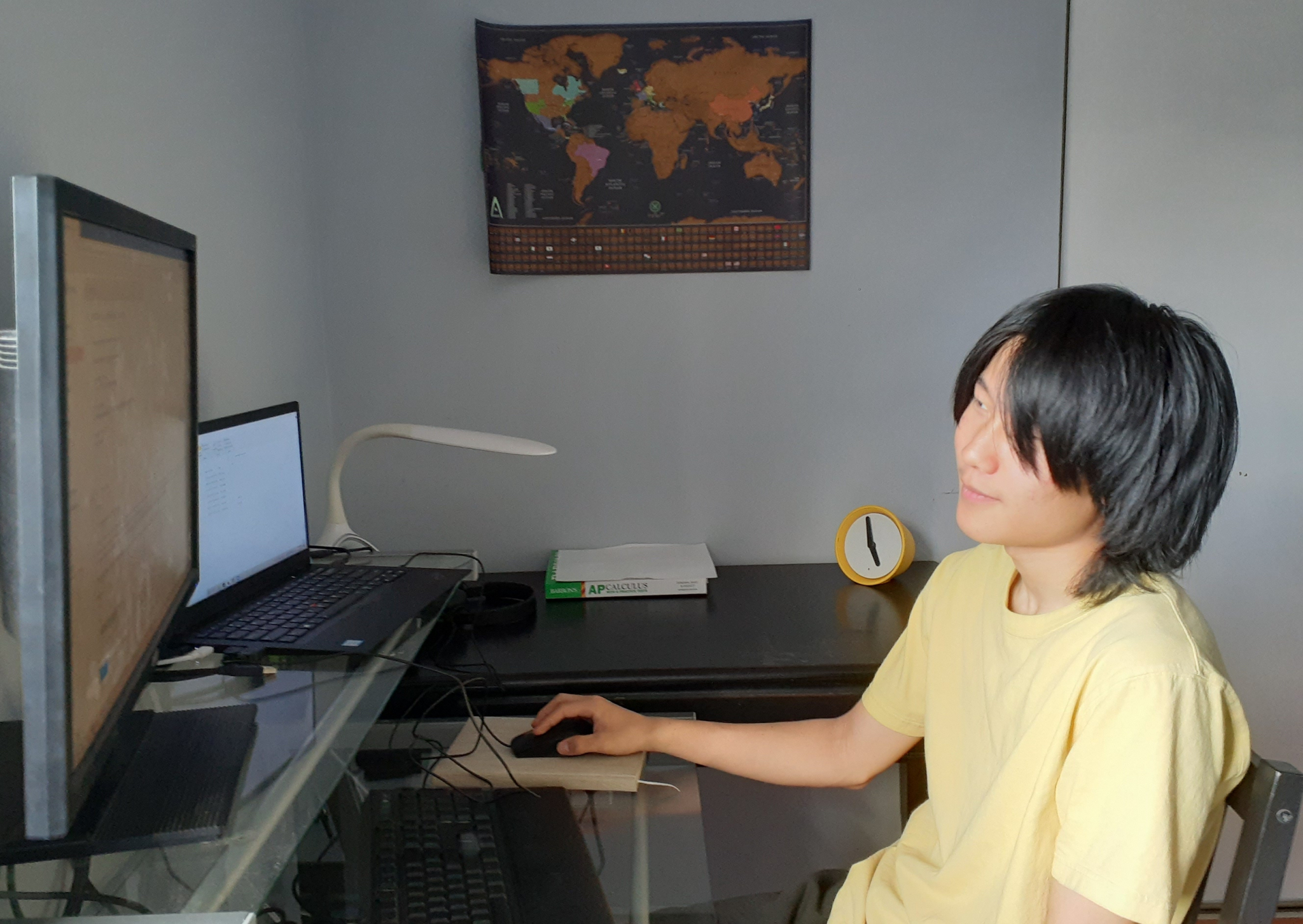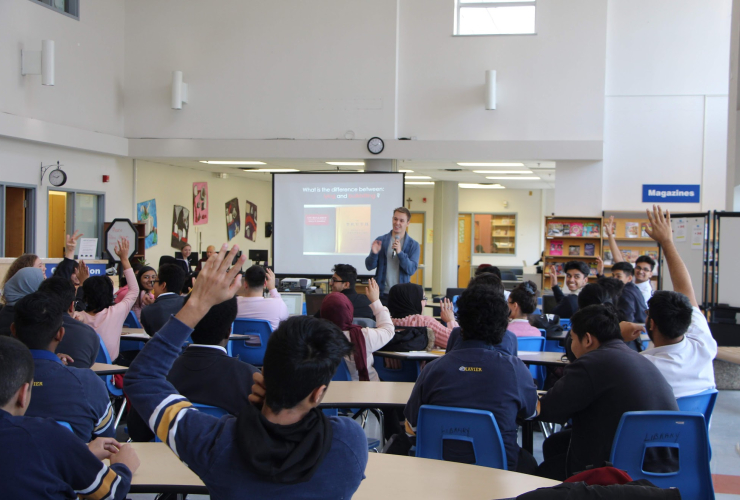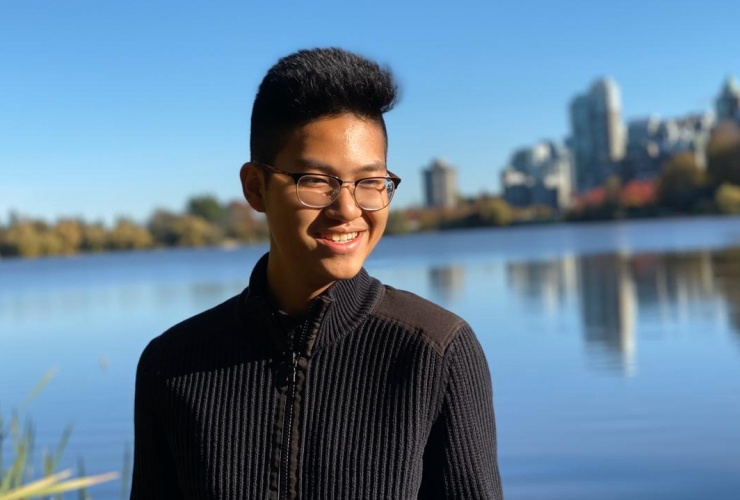Andy Wei stumbled into economics by chance when he took the Grade 11 elective course at his school in Markham, Ont., last year. He got hooked, and when he could find no related extracurricular activities, he created a national competition to help pursue his passion.
The 17-year-old says he is puzzled that the study of the production, consumption and transfer of wealth is not taught to all young people and is determined to make the subject more accessible and useful to all.
“To me, I feel like understanding economics is foundational to understanding how our society works today just as much as science or math or history, which are mandatory subjects in school,” he said in an interview.
“If people are more economically literate, they are better equipped to advocate for themselves and their communities and to organize for the change that they're looking for,” he added.
Wei’s search for a way to engage more in this area of study meant discovering the International Economics Olympiad, a four-year-old competition that has involved students from 35 countries and garnered the support of Nobel Prize-winning Harvard professor Eric Maskin.
A country needs to run a national competition in order to funnel its top contestants to the global event, hosted virtually by Latvia this year. So Wei got it up and running last year and joined four other Canadians at the 2020 international version, where they all brought home medals. (Canada came sixth out of around 30 countries.)
“I just thought: Why not add Canada to the list as an opportunity to inspire and challenge and recognize Canadian students in economics?” he said.

Wei and two other high schoolers are now working on outreach, web design, registration and fundraising for the next Canadian Economics Olympiad, due to take place on June 19, and are bolstered by an eight-member committee of professors and university students who make and mark the contest.
They had 250 students sign up last year, and with more time to plan, Wei says he’s hoping more than a thousand get involved this time.
This year's competition will be an open-book test consisting of 20 multiple-choice and 20 short answer questions that participants will have an 11-hour window to complete, Wei said, adding that a new addition to their contest committee is crafting questions looking at the intersection between the environment and economics.
He said a lot of his interest in the subject of economics stemmed from wanting to understand power dynamics.
“Why are people who traditionally have access to privilege and power, not why, but how do they, what mechanisms do they use to keep themselves in those places of power?” he said. “Learning economics has helped me understand so much more about how the world works.”
Wei said that after arguing in favour of a wealth tax at a debate, he joined Resource Movement, a group of young people with wealth or class privilege working toward the redistribution of wealth, land and power. He is also involved with the Toronto Community Benefits Network, which aims to ensure historically disadvantaged communities benefit from urban development.
Morgan Sharp / Local Journalism Initiative / Canada’s National Observer






Comments